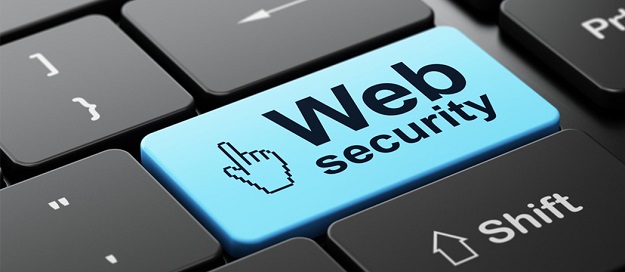It is a common saying that technology is both a boon and bane. As a business owner, you can either utilize it to uplift your brand or drop down due to its adverse impact. A calculative approach one can take here is to be attentive enough so that you will be at minimal loss. Digging technically, the major aspect one must focus is website’s security. Sustainable growth of a website not only demands its pretty face but also its strong structure where all its components are kept utterly safe.
It sounds quite big on the first go, but the essence of website safety lies in following few refined practices. Keeping track of the complex issues like site maintenance and debugging comes afterwards but primarily you must be assured to remove all the loopholes that can hamper your security access.
You can input below safety tips to keep your website flawless in all respects.
Don’t Miss –
10 Best WordPress Security Plugins to Keep your Blog Safe
6 Essentials of E-commerce Security
Top 10 Tips To Keep Your Computer Secure
1. Strong Passwords
Weak password for the admin account is the biggest vulnerable factor to the security of your website. Gone are the days when ‘admin’ was in trend as a username or password. With changing times, awareness tends businesses to create a complex, long and unique combination of words. On a serious note, it should not relate with your business that a novice can also hack. Also, make a habit to use different password for your distinct accounts.
Reusing passwords is not a good practice. Random password generators are also an intelligent approach to be on the safer side.
2. Regular Software Updates
In the web development realm, software updates are an integral part that makes you run ahead with the latest features and specifications. For instance, if you are using a open-source CMS like WordPress, it is easy to follow updates. On a good note, themes and plugins make it less stressing.
A basic logic behind keeping outdated softwares out of your list is the highest chances of being hacked, data loss and site downsize. The plugins can give you here a probable solution by notifying about necessary update.
3. Amendments in Default Settings
An easy way for the intruders to leak your website is the default settings of a website. You can’t easily preserve yourself from attacks by doing changes in the default settings of the website. A good example here is a CMS application which is writeable in nature where users can install required extensions. These settings can be altered to make changes in the user information including users, control comments and visibility.
The perfect time to make alteration in the default settings is during the course of CMS installation.
4. Sensible User Access
In case, multiple users are accessing your login panel, it is not advisable to grant them full access. Instead, allow temporary rights to them till the time they are doing any task. Moreover, you should not authorize them with all the admin privileges. Like for say, if you allowed one user for blog updates and product information maintenance, he should not be eligible to make any edit in posts.
In brief, there should be a furnished assessment for user access levels if you want to improve safety at different levels. This makes you aware of the person who made the changes.
5. Multiple Websites in Single Container
As a common logic, a server with multiple websites is more likely to be targeted by attackers. It saves you from few bucks but can cost a penny if even a single one is breached. Now, you need to tidy up all the containing website packages. A serious concern to notice here is that if your server has 5 sites and all of them might be composed of about 100 plugins. Unfortunately, all of them will be infected and more prone to widespread damage.
6. Strong SSL Encryption
SSL encryption helps protect your data from interception. If you have SSL installed within your system, the communication channel between the browser you are using and the server where it runs turns into encrypted form. This does not allow anyone to read any data package.
People usually use SSL encryption in case they need to transfer sensitive information like payment details. This is because such kind of data loss might put your business to a great risk.
7. Updated Backup
This is last but not the least tactic which is quite intelligent yet helpful for the site owners. You should think of the worst if your security is breached by an unwanted external element. It is not the time to panic if you have backup in your bag. With a complete website backup solution at a remote solution, you will be prepared well for any unforeseen circumstances.
Wrapping Up
In this top-notch competitive world, a sensible business owner is one who will keep track of each and every minor aspect of its website design irrespective of the nature of your product offerings. Be aware of the aforementioned tips and get better insights of how your business is moving progressively

